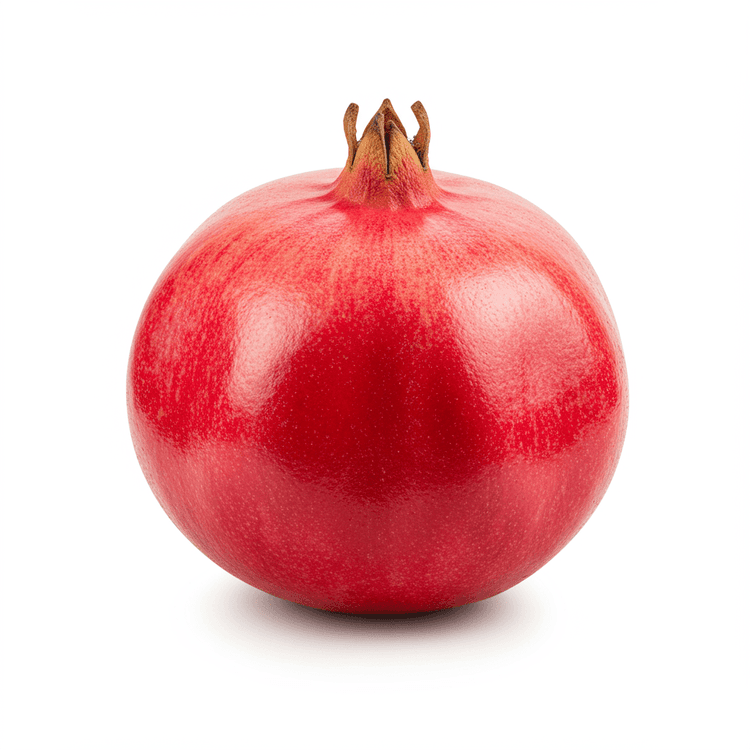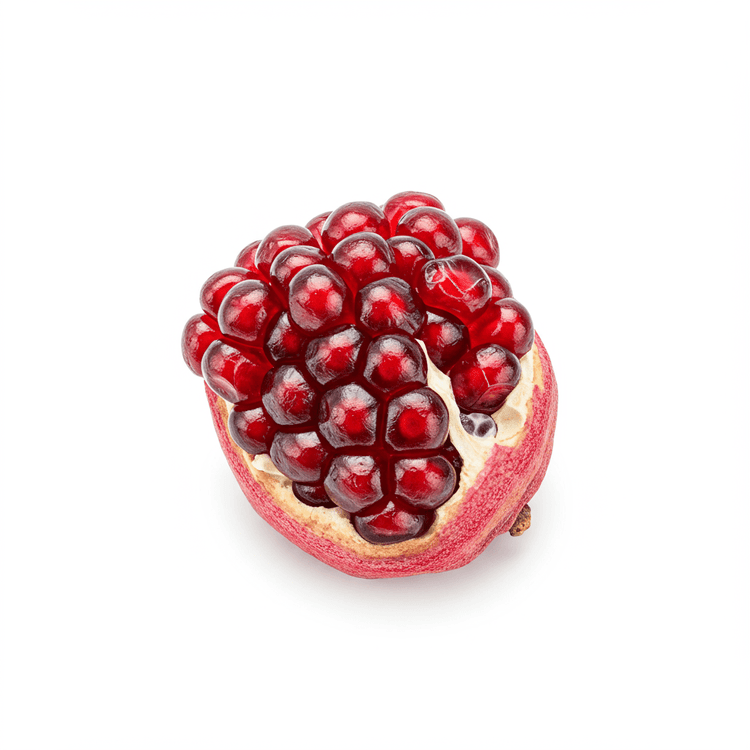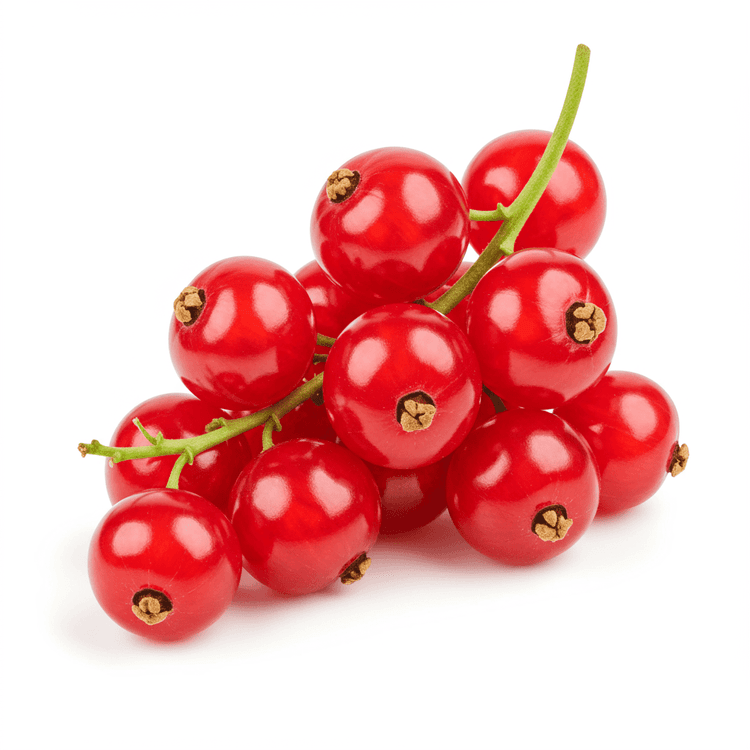
Pomegranate
Pomegranate, a vibrant and jewel-toned fruit, is known for its sweet-tart flavor and juicy, crunchy arils. This ancient fruit boasts a tough, leathery reddish skin encasing hundreds of edible seeds (arils) separated by membranous walls. The arils burst with a refreshing sweetness balanced by a pleasant tartness, making them a versatile ingredient for both sweet and savory dishes. Often enjoyed fresh, pomegranate is a popular ingredient for adding color, flavor, and nutritional value to salads, desserts, and juices. Explore the health benefits and culinary uses of fresh pomegranate arils to elevate your next meal.
Common Uses
- Use fresh pomegranate arils as a vibrant and tangy topping for salads, adding a burst of flavor and color to leafy greens, grain bowls, and fruit salads. Their sweet-tart notes complement a variety of ingredients, from feta cheese and walnuts to citrus vinaigrettes.
- Create a delicious and healthy pomegranate juice by blending the arils and straining the mixture to remove the seeds. This juice can be enjoyed on its own or used as a base for cocktails, smoothies, or marinades.
- Incorporate pomegranate molasses into your cooking as a unique and flavorful ingredient. This concentrated syrup adds a sweet, tangy, and slightly acidic element to sauces, glazes, dressings, and marinades for meats, vegetables, and poultry.
- Add pomegranate arils to desserts such as yogurt parfaits, ice cream sundaes, and baked goods for a touch of sweetness and a pleasant crunch. They also make a beautiful and edible garnish for cakes and tarts.
- Utilize pomegranate seeds to make a refreshing and flavorful pomegranate salsa. Combine the arils with diced red onion, jalapeno, cilantro, and lime juice for a vibrant condiment that pairs well with grilled fish, chicken, or tacos.
- Infuse olive oil with pomegranate arils and a touch of citrus zest to create a flavorful and aromatic dressing. This pomegranate infused olive oil can be drizzled over salads, roasted vegetables, or grilled meats for a unique and healthy finishing touch.
Nutrition (per serving)
Nutrition (per serving)
Calories
234.0kcal (11.7%)
Protein
4.7g (9.42%)
Carbs
52.5g (19.1%)
Sugars
38.6g (77.16%)
Healthy Fat
1.5g
Unhealthy Fat
0.4g
% Daily Value based on a 2000 calorie diet
Nutrition (per serving)
Calories
234.0kcal (11.7%)
Protein
4.7g (9.42%)
Carbs
52.5g (19.1%)
Sugars
38.6g (77.16%)
Healthy Fat
1.5g
Unhealthy Fat
0.4g
% Daily Value based on a 2000 calorie diet
Health Benefits
- Rich in antioxidants to combat free radicals and protect against chronic diseases.
- May support heart health by lowering blood pressure and improving cholesterol levels.
- Potential anti-inflammatory properties may help reduce inflammation throughout the body.
- Source of vitamins, including vitamin C and vitamin K, for immune support and blood clotting.
- Good source of dietary fiber, promoting digestive health and regularity.
- Contains punicalagins, compounds that may have anticancer properties.
Chefadora AI is here.
Experience smarter, stress-free cooking.
Storage Tips
Whole pomegranates can be stored at room temperature for up to a month or in the refrigerator for up to two months. Once the pomegranate is opened and the arils (seeds) are removed, store them in an airtight container in the refrigerator for up to five days. You can also freeze pomegranate arils for longer storage; spread them in a single layer on a baking sheet, freeze until solid, then transfer them to a freezer bag. Frozen arils can be used in smoothies or juices.
Marnirni-apinthi Building, Lot Fourteen,
North Terrace, Adelaide, South Australia, 5000
Australia



